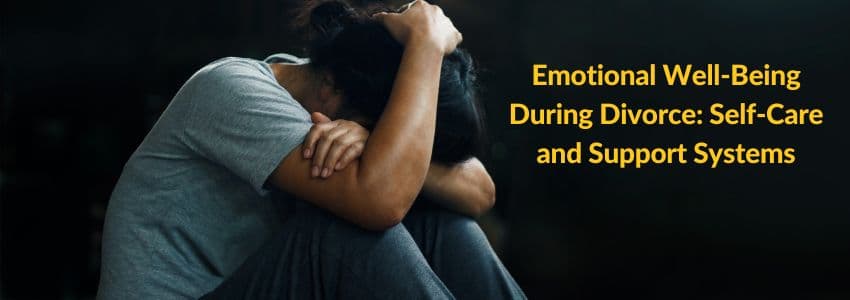A complete guide to intervention orders

Types of intervention orders
There are two types of intervention orders, they are family violence intervention orders and personal safety intervention orders.
Family Violence Intervention Order
-
A family violence IVO is used to protect a family member from further acts of family violence.
-
Family violence occurs when a family member acts in a way to control, intimidate or harm their partner or a member of the family. Even if a family member's behaviour is not intended towards the child, it still constitutes family violence if the child hears, witnesses, or is exposed to those behaviours.
-
There are many different behaviours that constitute family violence. Some examples are sexual violence, physical violence, property damage, economic violence, emotional social or psychological violence, threats, coercion, control, dominating or terrorizing a person.
Personal Safety Intervention Order
-
A personal safety intervention order is requested if you have experienced property damage, violence, harassment, stalking, threats, or harassment from someone who is not a partner, ex-partner, or family member.
-
This can include your neighbour, friend, student, co-worker, landlord, tenant and even a stranger.
How can I apply for an IVO?
If you are in immediate danger, you should first call 000. If you are not in immediate danger, you can make an application for an IVO in the Magistrates' Court. After making the application, you will first be granted an interim order.
While the court determines whether a final intervention order is necessary, protection will be provided immediately under an interim order. The court may issue an interim order at any time, and it will be in effect until it issues a final order is made or the application is withdrawn. A full hearing of your application will need to be held to make a final intervention order.
How does an intervention order work in Victoria?
To keep people safe, intervention orders contain conditions. Conditions are guidelines that prohibit the respondent from acting or behaving in a certain way toward the protected person(s). As a resident of Victoria or anywhere in Australia, you will be legally protected from the respondent harming you.
What are the conditions of an IVO?
The conditions of each intervention order vary according to the circumstances. However, there are common examples where the IVO might call for the respondent to:
-
Discontinue the concerned behaviour
-
Stay away from the protected person and refrain from talking to them (both verbally and electronically, i.e. over social media/email)
-
Refrain from posting anything about the protected person on the internet, in electronic communications (email), or on social media
-
Not visit or remain close to the protected person's house, school, or place of employment
-
Not compel somebody to perform an action that they are not authorized to perform under the order
How long does an IVO last?
An ongoing final intervention order is in effect until it is altered or terminated. Typically, an intervention order is given for 12 months. The magistrate has the discretion to prolong the initial 12-month duration of intervention orders if they deem it necessary. Although there is no restriction on how often this can be done, once the intervention order is about to expire, the protected person can return to court and ask for an extension.
What if you breach an intervention order?
The consequences of breaking the order are severe. If you are the protected person, the police should be informed because it becomes a criminal matter.
If a respondent is found guilty of breaching the intervention order, you will be found guilty of an offence, punishable by a maximum jail sentence of 3 years or 5 years for an aggravated offence.
If the breach involved physical violence or threat of violence, or was a second or subsequent breach within 5 years, the maximum penalty is imprisonment for 7 years and 10 years for an aggravated offence.
A maximum fine of $2,000 may be imposed for violating a condition of an intervention order in regard to an intervention program.
If you find this useful
Need Legal Assistance?
Our experienced legal team is here to help you with your immigration and legal matters.





